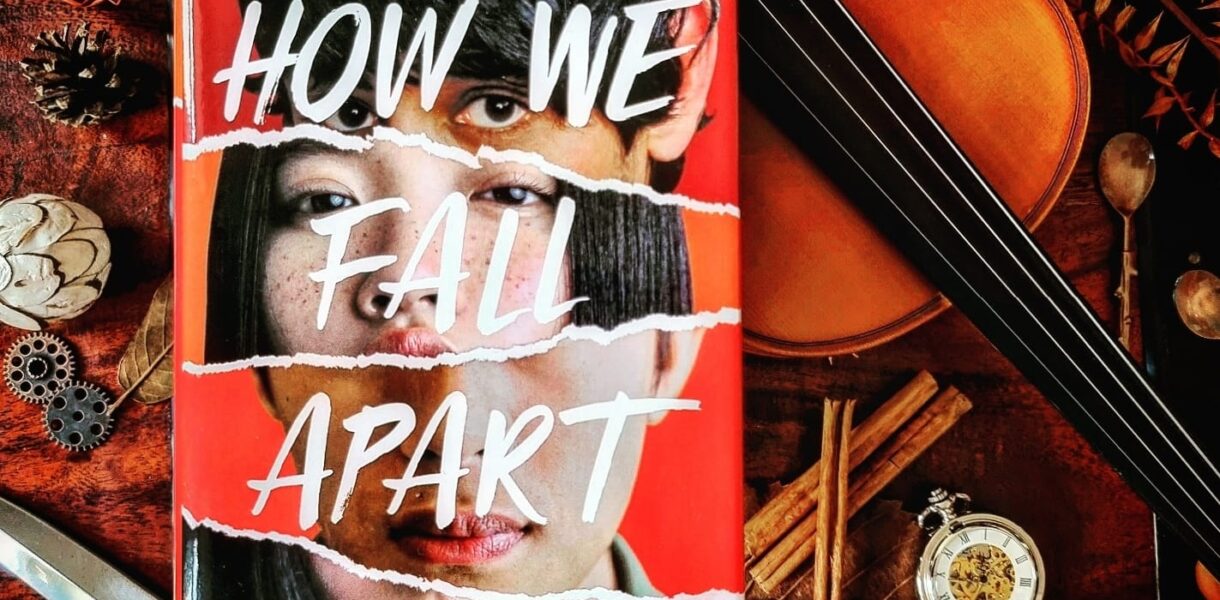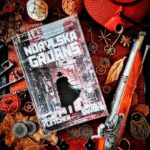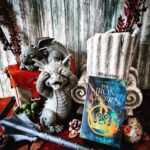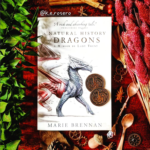How We Fall Apart promises many guilty pleasures. It is Pretty Little Liars meets Hana Yori Dango, but in a setting I found familiar, having also attended a predominantly Asian American high school. I could very much relate to expectations that first-gen kids experienced in the book. It gave me flashbacks to sleepless nights, because a 98 could always be a 99, but a 99 was still not 100. Anything less than perfection was guilt tripped by well-meaning but overbearing immigrant parents.
I felt you, Nancy. I felt you.
It was overall a fun book and a quick read, but I had mixed feelings about it. The first fourth was fun: It set up a cozy mystery much like PLL, complete with anonymous texts, juicy secrets, and a kind-of-teacher/student relationship that will split the readership in two. The queen bee of a social group turns up dead, and over time, we find out that each member of the group harbors a terrible secret. For fans of these tropes, the set-up was pretty solid.
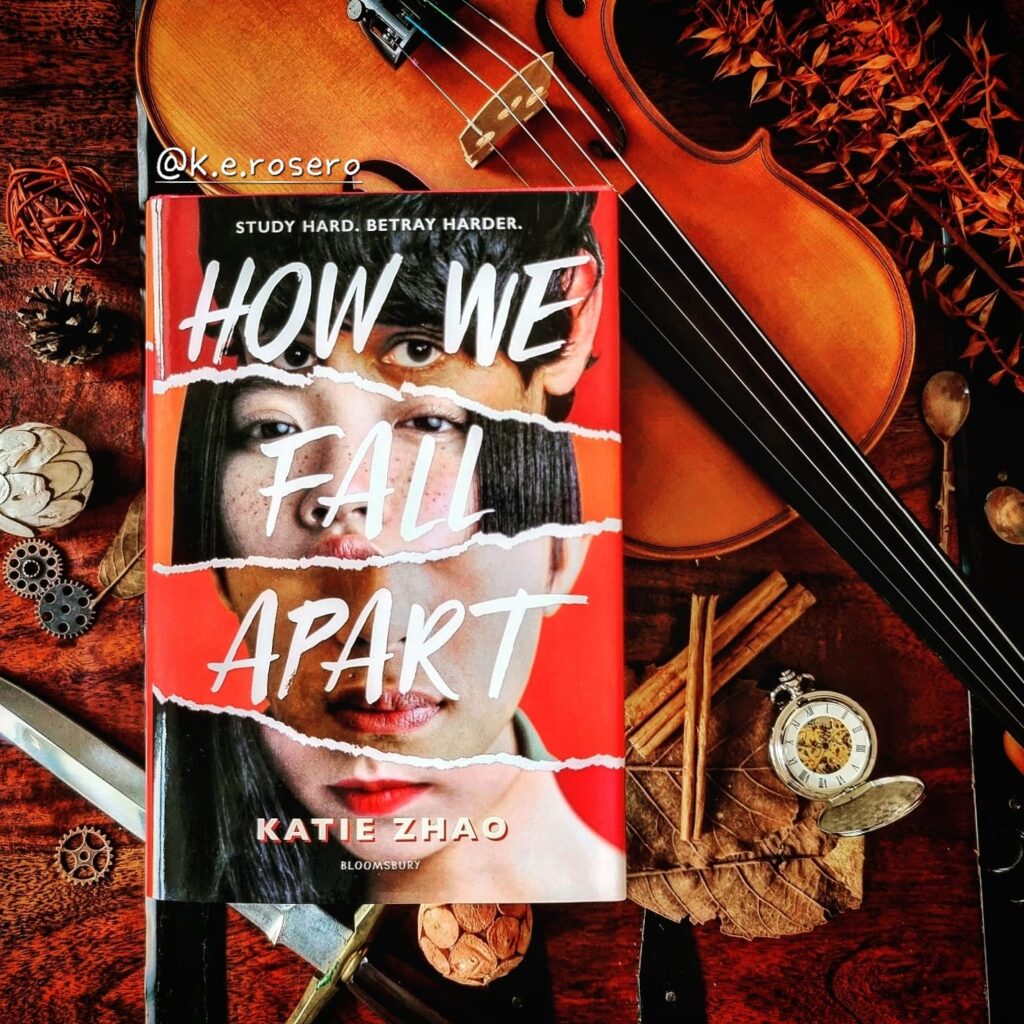
After that, it sort of goes into different directions. It felt weird to me that Jamie, the dead girl practically trademarked for being manipulative and cruel… HOVER FOR SPOILER …I can’t believe these associations are still—while hopefully unintentional—being perpetuated in the media. It’s infuriating but admittedly a minor part of the book (a couple of paragraphs at most).
What also felt a bit off to me was that yes, this level of overachieving is unhealthy, but the main characters just sort of go with it and don’t become better people from their mistakes. Same with casual (and not-so-casual) racism. For example, a student makes a racist comment in front of everyone, and nothing really happens. Is toxic competitiveness and racism realistic? Yes, but why would I read this if I can just go outside, lol
I would have loved a story with more buts. These kids are studying themselves to death, but after the actual death of their friend, they realize grades aren’t everything. Casual racism runs rampant in school, but your friends and peers will stick up for you. These kids did terrible things, but the past does not define them. That doesn’t really happen here. Things were terrible and no one really learned from them. It makes the book feel hollow, despite the deeper themes it tries to bring to light.
Because of the above reasons, I did not quite connect to the characters. They felt a bit underdeveloped to me, because the themes (unhealthy pressures of high school, perfectionism, racism, exploring sexuality, etc.) felt underdeveloped to me. And while the first fourth of the book made me curious about the “Incident,” the rest of the book held onto this secret long enough for it to stop being interesting. By the time the reader knows the truth, a lot of the impact is gone.
Overall, this book can be a fun read if you don’t think about it too deeply, but I don’t feel good giving it a rating. I enjoyed it, but it did make me feel terrible lol. I don’t think I’d be able to give this one a fair rating.
Key words to help you decide: young adult, high school mystery, POC protagonist, quick read
